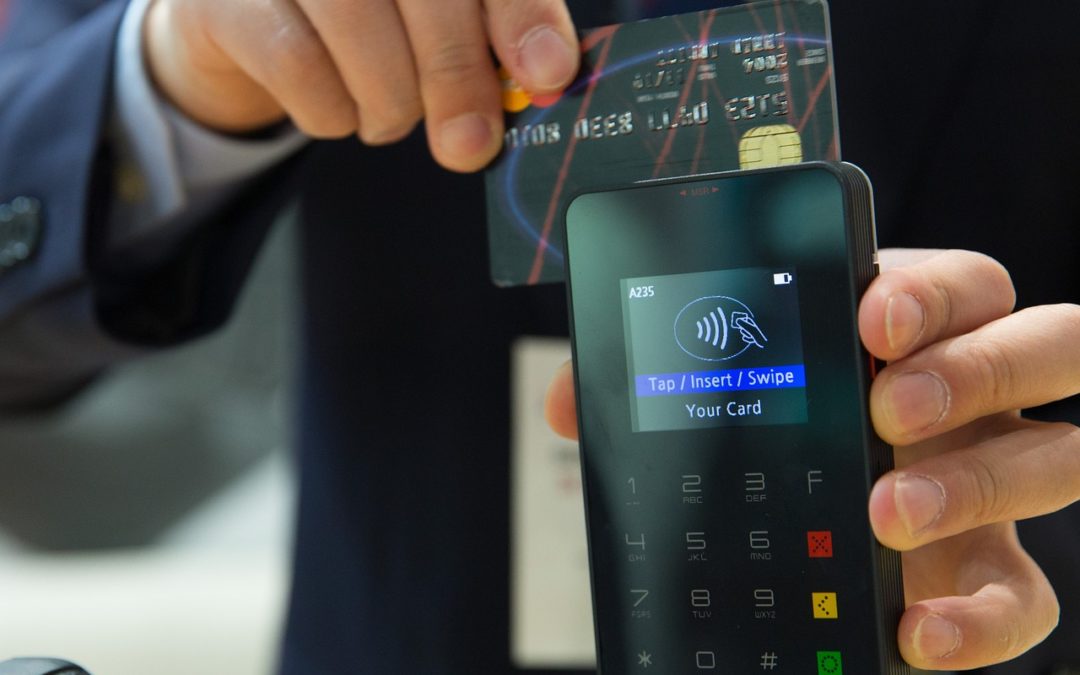If you ever find yourself in a situation where you need to obtain a personal loan, you are not alone. Plenty of people find themselves in this situation many times. However, if you have bad credit, you may find it more difficult to acquire a personal loan.
Remember that your credit score is the numerical representation of your credit history and the way you handle credit. Having a poor credit score gives off a bad impression to banks, financial institutions, and major lending firms. These institutions have very strict standards and will carefully screen applicants through their credit scores. If they think that you are unable to pay the loan, then they simply will reject your application.
When your loan gets rejected, you may become desperate enough and wonder about the “no credit, no problem!” ad you’ve seen on TV. Or you may fall victim to the payday lenders and other sources that provide you with easy money if you agree to certain terms. However, with these types of loans, you may find yourself in a deeper hole.
Warning Signs for Bad Credit
In order to know your credit standing, there are plenty of sites on the internet that provide free credit reports. The three major institutions that rate your credit scores also provide you with a free score. Meanwhile, here are some warning signs to look out for in case you have bad credit:
- Higher interest rates than advertised.
- Having a history of late payments on bills such as housing and utility.
- Applications for service contracts have been denied.
- Constantly overdrawn checking account.
- Problems obtaining a lease for a house.
- Barely making minimum payments on high interest credit cards.
Some of these are signs to look out for from your situation while others are signs from your own circumstances, which have a negative effect on your credit score. Don’t get sucked into a situation that is too good to be true or what seems to be the only option.
Bad Credit Loans – Are They Worth It?
Due to the lack of other options, you may be thinking of applying for a bad credit loan. If you don’t know what it is, it is essentially a type of personal loan that is exclusively offered to those with weak, bad, or no credit. It may sound good at first, but it’s really not.
Bad credit loans are, as the name implies, bad. They characteristically offer interest rates that are too high; higher than the interest rates for borrowers with good credit. Lenders tend to charge extra because having bad credit means having a history of paying debts late or not paying at all and they are taking a risk with you for the loan. To compensate for the risk, they charge extra to a certain group of people and still profit from the others.
However, if you’re in a situation that you’re desperate for cash, having more debt to pay will make your financial life much worse in the long run.
Other Options
Even those with bad credit can still have options. There are still plenty of other sources that can provide you with a loan. Here are a few:
Credit Unions
Credit unions are similar to commercial banks in the way they operate. However, they are owned by its members and not by profit-seeking individuals. They are non-profit institutions, which means they pass their earnings along to their members in the form of lower fees and borrowing costs and better customer service. Most of the time, credit unions, especially those that are affiliated with your company or community, look beyond the credit standing and will base decisions on your character and your promise to repay.
Obtain a Co-Signer
You may be able to secure a loan with better terms if you ask a friend or family member with a good credit standing to serve as your co-signer. With a qualified co-signer, the lender will set loan terms based on the credit score of the person with good credit, who will also be responsible for repayment. Information about your payments will show up on both your credit reports and will affect your co-signer’s credit score. This gives you incentive to make on-time payments. In time, your score will improve and will be easier to obtain future loans without a co-signer.
Home Equity
Home equity is the difference between your home’s market value and your mortgage. If you have equity, you can use your home as collateral when you apply for a home equity loan or a home equity line of credit. The interest will be low since the loan is secured with collateral. Also, the interest you pay on a home equity loan is usually tax-deductible.
Peer-to-Peer Lending
This is a relatively new type of lending that has only been around since 2005. It is an online platform that allows people to borrow directly from other individuals. Potential borrowers can post a loan listing that indicates the amount they want to borrow and the purpose of the loan. Investors will then review the listings and choose which loan they want to fund. Credit factors are still a factor, but there is more leeway for individual investors compared to institutions.

